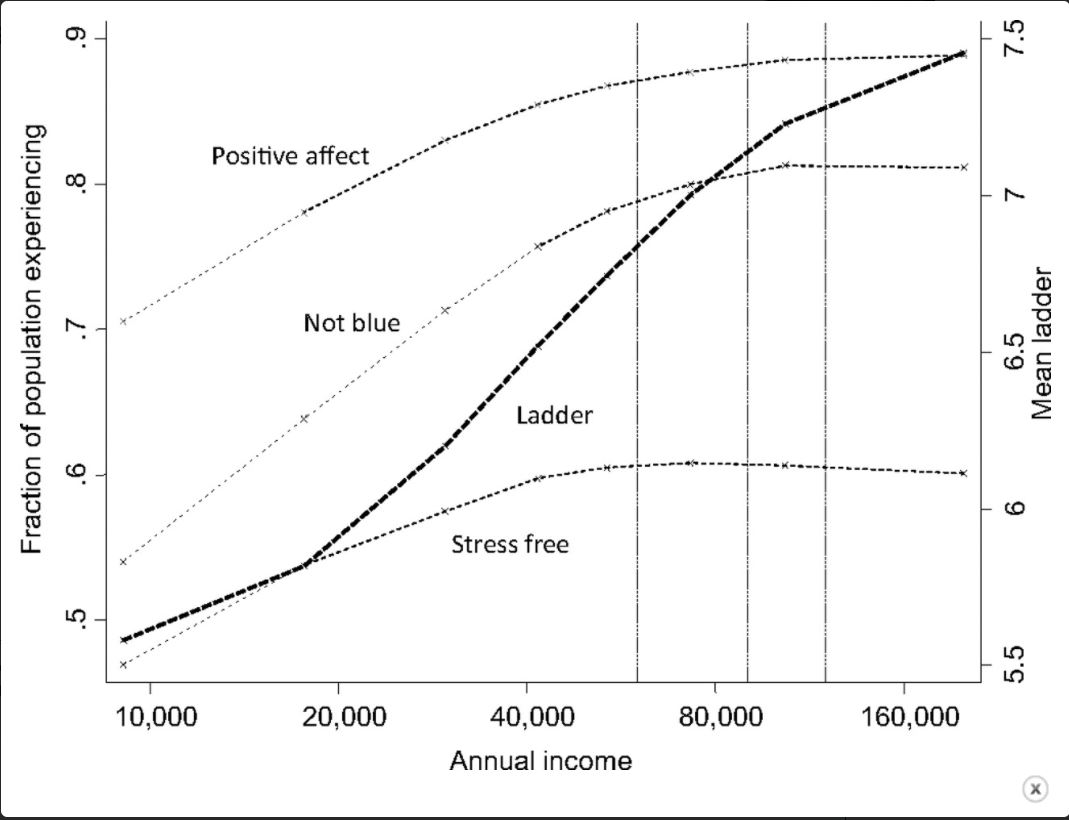Excellent, provocative paper. Researchers look at the most-recommended happiness strategies in the media and then assess whether they are supported by the best evidence.
🧵on the study and my thoughts
https://t.co/Jta1fx6aaNnature.com/articles/s4156…

🧵on the study and my thoughts
https://t.co/Jta1fx6aaNnature.com/articles/s4156…

First, IMO this is the most useful type of happiness research: we want to compare what people *think* works vs what *the evidence* says; that way, we learn what we could do better.
Often, happiness research is just about the evidence, but doesn't contrast this with expectations
Often, happiness research is just about the evidence, but doesn't contrast this with expectations
Authors found the 5 most common suggestions in the media.
These may be based on evidence, but since the 'replication crisis' in psych, much research is in doubt.
So, they looked for the best evidence for these. Best = pre-registered and/or sufficiently powered (pref both)
These may be based on evidence, but since the 'replication crisis' in psych, much research is in doubt.
So, they looked for the best evidence for these. Best = pre-registered and/or sufficiently powered (pref both)

As you can see, not much top evidence
As they point out, this doesn't necessarily mean recommendations are wrong. Absence of evidence =/= evidence of absence. But it suggests caution.
What did they find? Here, I'll just attach screenshots of their summaries w/ some hot takes
As they point out, this doesn't necessarily mean recommendations are wrong. Absence of evidence =/= evidence of absence. But it suggests caution.
What did they find? Here, I'll just attach screenshots of their summaries w/ some hot takes
For mindfulness. This one half-surprised me: limited evidence of benefit, and challenge is disengaging the benefit of mindfulness *itself* with participating in a group activity. 

Limited evidence for exercise. Tbh, this one annoyed me a bit, and I have concerns about 'scientism', that I'll come back to 

What I really liked about this was (1) finding what popular recs are, (2) contrast expectations with evidence, (3) systematic study, (3) pointing out dearth of best evidence supporting interventions.
What I liked less was the underlying glint of 'scientism', the idea that we can't know things unless we have top-quality peer-reviewed evidence.
Reminds me of the joke
Scientist A to B: I don't believe this. Where's your RCT evidence?
B: Does your wife love you?
A: What? Of course, she does!
B: But, how do you know? Where's your RCT?
A: ...
Scientist A to B: I don't believe this. Where's your RCT evidence?
B: Does your wife love you?
A: What? Of course, she does!
B: But, how do you know? Where's your RCT?
A: ...
Obviously this is a topic for further research, but I'd like to see more work that determines (1) what people think works, (2) assesses what work on the available evidence - not just the best evidence, (3) compares them.
I'd like to see more doing any of (1)-(3)
I'd like to see more doing any of (1)-(3)
Bonus points would be to quantify not just whether something is good/bad, but how good/bad it is, e.g. anticipated vs actual benefits of doubling income, getting treated for mental health, and so on.
But, anyway, credit to the authors for identifying what people think and the strength of the evidence. I hope this spurs more research!
• • •
Missing some Tweet in this thread? You can try to
force a refresh

 Read on Twitter
Read on Twitter







